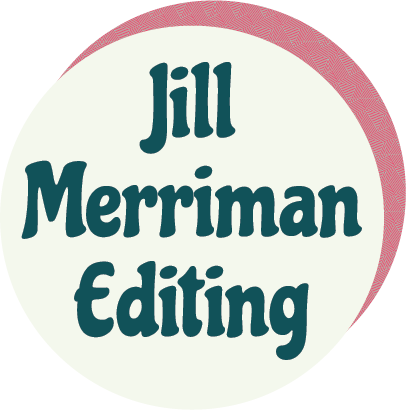The Case for Hiring Me
It’s a familiar challenge in development and humanitarian work: How do you measure the impact of a specific program or project, particularly when it’s part of a bigger effort to create change? Ultimately, it can be hard to tell if what you’ve done has worked.
It’s the same with editing. Would your writing have made the same impact if you had edited it yourself or asked a colleague to do it? Would you still have received that funding without a professional editor looking at your work? Would you really be missing much if you had gone ahead and clicked “publish” on that web content?
I can’t tell you definitively. (Frustrating, I know!) But what I can say is that my editing offers some key advantages:
Experienced in the Field
I’ve worked for a decade as an editor focused on humanitarian, development, and global health issues, and I have an M.S. in global health policy from the London School of Hygiene and Tropical Medicine. I have a passion for this work and do it every day, which means that I stay current on industry standards, research, and practices. What does this mean in terms of editing your work? I have an eye for gaps, potential issues, and the latest terminology—meaning that I can hit the ground running on projects and offer meaningful edits.
I’ve worked for a decade as an editor focused on humanitarian, development, and global health issues, and I have an M.S. in global health policy from the London School of Hygiene and Tropical Medicine. I have a passion for this work and do it every day, which means that I stay current on industry standards, research, and practices. What does this mean in terms of editing your work? I have an eye for gaps, potential issues, and the latest terminology—meaning that I can hit the ground running on projects and offer meaningful edits.
A Fresh Set of Eyes
Writing is hard work! Often, I’ll receive requests to edit reports that have involved multiple authors or several rounds of review. A fresh set of eyes can help in a few ways: First, it can help catch errors that a fatigued author may have missed after reviewing the same text many times. Second, it can offer an outsider’s perspective from someone who is familiar with the field but not the project itself—do your descriptions make sense to an outside reader, or is something missing? Third, it can help “smooth out” differences in tone and writing style among multiple authors if needed (for example, if many people are working on a document that needs to have a singular “organizational” voice).
A Passion for Language
I move to a new country every two or three years due to my husband’s job, which means I know what it’s like to learn a new language from the ground up. I know the frustration of having a great idea (or even just trying to get the right thing at the store) and struggling to find the right words to convey it. I’m a perpetual language learner, including in English: I just finished a certificate program in editing at the University of California, Berkeley, and I have a CELTA certificate in teaching adult English language learners. Much of my work is with people speaking English as a second—or third or fourth!—language, and my goal is to help make your work shine and your experience communicating in English as stress-free as possible.

